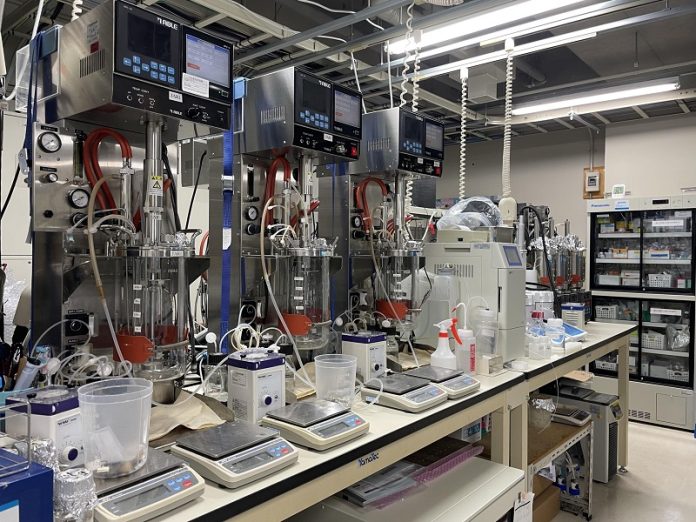
Scientists from Kobe University have achieved a groundbreaking feat by bioengineering yeast to produce high levels of artepillin C, a powerful herbal compound with antimicrobial, anti-inflammatory, antioxidant, and anticancer properties.
This innovation could revolutionize the production of plant-based medicines, which are traditionally difficult to mass-produce.
Herbal medicines are known for their health benefits, but scaling up their production has always been a challenge.
For instance, artepillin C is a compound typically obtained from bees that collect it from plants, making it difficult and expensive to produce in large quantities.
“To make herbal medicines affordable and accessible, we need efficient ways to produce them at scale,” explained Hasunuma Tomohisa, the lead bioengineer.
“Using bioengineered microorganisms like yeast grown in fermenters is a promising solution, but it’s technically challenging.”
The breakthrough began with a discovery by Kazufumi Yazaki at Kyoto University, who identified the plant enzyme responsible for making artepillin C. Yazaki collaborated with the Kobe University team, asking if they could use this enzyme to produce artepillin C in yeast.
The researchers chose a species of yeast called Komagataella phaffii because it can produce this type of chemical more efficiently than common brewer’s yeast. It also grows better at high cell densities and doesn’t produce alcohol, which can interfere with growth.
10 times more efficient
In their study, published in the journal ACS Synthetic Biology, the team reported that their bioengineered yeast produced 10 times more artepillin C than previous attempts.
This success came from fine-tuning key steps in the yeast’s molecular production process.
However, there was an extra challenge: artepillin C tends to accumulate inside the yeast cells rather than being excreted into the surrounding liquid. To solve this, the researchers optimized the growth conditions in their fermenters, allowing the yeast to grow densely and produce more of the compound.
The team is already planning ways to improve production further. One approach is to enhance the efficiency of the final chemical step by modifying the enzyme responsible or increasing the supply of precursor chemicals. Another idea is to engineer a transporter protein that can move artepillin C out of the cell while keeping other necessary chemicals inside.
“This discovery is exciting because it’s not just about artepillin C,” said Hasunuma. “There are thousands of similar compounds in nature, and the methods we’ve developed could be used to produce many of them efficiently.”
This breakthrough paves the way for producing herbal medicines and plant-derived compounds on an industrial scale, making these powerful natural remedies more accessible and affordable worldwide.
If you care about medicine, please read studies that vitamin D could help lower the risk of autoimmune diseases, and drug for inflammation may stop spread of cancer.
For more health information, please see recent studies about which drug can harm your liver most, and results showing this drug can give your immune system a double boost against cancer



